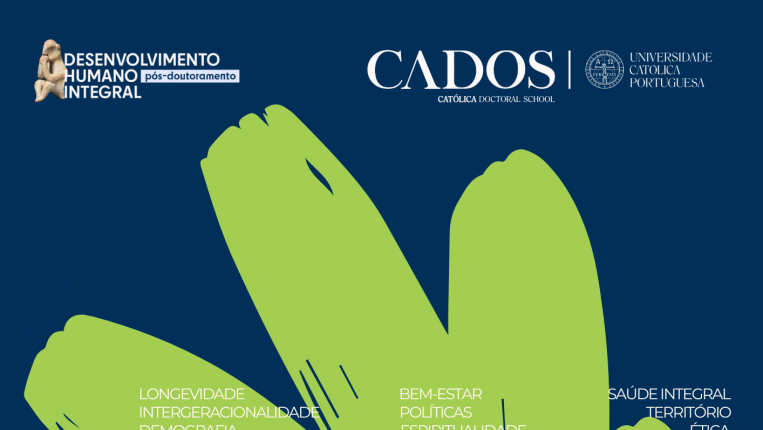Abstract
The paper which I will present at the “Shades of Poverty” Conference focuses on the intersect between multidimensional poverty, positive freedom, and post-traumatic growth.
The argument in the paper has the following steps: the experience of growing up at/coming from a poverty background (understood in multidimensional terms) is deeply traumatic. If a human being rises out of poverty, they are in a position to be able to heal that trauma in certain ways. According to the literature on post-traumatic growth, people that has experienced deeply traumatic events and deal properly with their trauma reach a higher level of personal growth than people who haven’t gone through a deeply traumatic experience. Positive freedom can be understood in human development terms. People that manage to rise out of poverty and handle properly the trauma caused by it have the possibility to achieve a particularly high level of positive freedom/human development.
I define poverty in multidimensional terms, based on Amartya Sen’s and Martha Nusbaum’s capabilities approach. I start the paper by stablishing the connection between poverty and trauma, showing that the experience of coming from a poverty background is deeply traumatic. It is traumatic in two senses: the experience of being poor for long enough is in itself traumatic; on top of that a person that lives in poverty experiences specific events which are traumatic – such as situations of prejudice, lack of autonomy and violence (that add up).
I then follow the literature on post-traumatic growth to claim that if such trauma is properly handled (presupposing that the person, by their own means or through the aid of others, rises out of poverty) that presents them with the opportunity to reach higher levels of personal growth than they would have been able to reach without experiencing the deep trauma. Additionally, research shows that they reach higher levels of personal growth than people who haven’t gone through deep trauma. My main claim at this step is, therefore, that since the experience of poverty is deeply traumatic it presents those with the strength to rise out of it with the opportunity to reach particularly high levels of personal growth.
Once those two points are made, I stablish the connection between post-traumatic growth and positive freedom. I define positive freedom in two steps. I start by relying on Isaiah Berlin’s two concepts of liberty, in which he presents a distinction between negative and positive freedom. In his conception, negative freedom refers to a space of autonomous action in which the agent preserves their agency by making their own choices without external intervention. And positive freedom is understood as being free to be oneself, meaning being able to respect one’s “true self”.
Even though I use Berlin’s understanding of positive freedom as a basis, in this paper I redefine it in terms of human development. Instead of subscribing to a conception of one’s true self which is fixed (already fully formed) but repressed, I rely on the uniqueness tradition – offered by Jean-Jacques Rousseau, John Stuart Mill and Wilhelm Von Humboldt – to offer a conception of positive freedom according to which having positive freedom means developing oneself according to one’s particular nature (which stablishes the connection with human development).
The final step of the argument is the conclusion that though the experience of multidimensional poverty is deeply traumatic, individuals which are able to rise out of it (by their own means or also counting with the support of others) and, additionally, handle their trauma properly, are particularly well positioned to use the energy of such trauma as a fuel for their own personal development.
Biographic note
André de Almeida é Professor de Filosofia na Fundação Dom Cabral. É também Conselheiro Filosófico, certificado pela American Philosophical Practitioners Association (APPA). Por 5 anos foi Professor de Filosofia da University of Sussex, no Reino Unido. Atuou como consultor das Nações Unidas (ONU). É mestre e Ph.D. em Filosofia pela University of Sussex. É autor do livro Agent Particularism: The Ethics of Human Dignity. Além de Filósofo, André atua como Psicanalista.
Fundação Dom Cabral
andres@fdc.org.br



